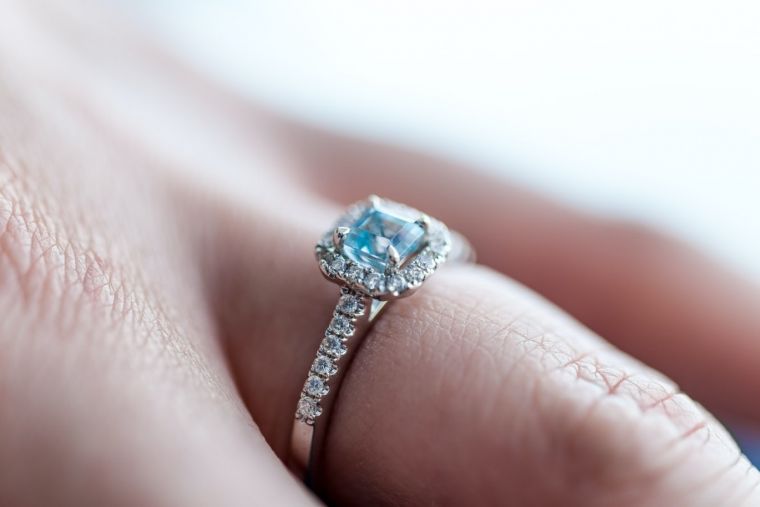What's the most precious thing in your life?

I'm no gemologist but as I understand it, the most precious diamond in the world is the 'Koh-i-Noor'. It has an amazing backstory, too, that is well worth investigating. Historian William Dalrymple has said: "It's a perfectly scripted Game of Thrones-style epic. All the romance, all the blood, all the gore, all the bling." As for value, it's said to be priceless.
Of course, if you are looking for something just a little bit cheaper to give to the love of your life, once Covid-19 is over, you could just pop into the Smithsonian Museum of Natural History in Washington DC, where you will find the 'Hope' diamond. This will only knock you back a trifling $350m.
I wonder how you would answer if you were asked to identify the most the precious thing in your life. Is it your family, or friends perhaps? Maybe it's your health or your house. It's worth asking questions like this when everything is in total upheaval.
Crises can concentrate the mind remarkably quickly. I remember a good friend being told that she and her younger brother had just five minutes to flee their home if they wanted to escape the group of psyched up soldiers who were just moments away. She grabbed a handful of family photographs because she had no guarantee whatsoever that she would ever see her parents again. I wonder what you would have chosen.
I found myself thinking like this when I reading Psalm 36 where David uses the word 'priceless' to describe God's unfailing love - at least that's how the New International Version translates the original Hebrew. But whatever word we use, David's thought process is clear: God's unfailing love can be compared to a very rare gem or an extremely precious stone.
And I can understand why he said this, given much of what he says in the rest of the Psalm. Let me explain: David was acutely aware that people can behave in the most awful ways - we only have to see the tsunami of scams that are flying around the internet at the moment to appreciate that. Deviously clever people are doing their utmost to take advantage of the gullible and the needy, often leaving a train of pain in their wake.
And David has a simple explanation for this: people have turned their backs on God, or as the Message translation puts it, "He has no regard for God. he stands insolent before him. He has smooth-talked himself into believing that his evil will never be noticed."
And David is not the only one who thought like this. A thousand years later, the apostle Paul suggested that things always 'go down the tubes' when people turn their backs on God. For when they give up on Him, He gives up on them because He wants to teach them a lesson. It's as if He's trying to say, "You can try living without me if you want to, but you just wait and see the mess you'll make of things when you do."
And that's where God's unfailing love comes in. David was no cardboard saint and he knew he was as flawed as the rest of us. We all mess up at times. It's just that some of us let our darker side flourish more than others. But David discovered that God is willing to forgive us anything. Better still, He can change us and promises to take care of us as we face the challenges and the dangers that come our way.
And if that's not enough, He assures us that wickedness will not have the last word either, because the day is coming when this world will be completely free of sin – and sickness! Is it any wonder then that David chooses to use the word 'priceless'?
I reckon a love like this puts the value of the 'Koh I Noor' diamond into proper perspective, don't you? The sad thing is lots of Christians tend to keep it locked up in the 'Fort Knox of our cosy fellowships' rather than giving it away as we should. In these unprecedented times, when so many are looking for answers, take a moment to share the reason for the hope that you have.
Rob James is a Baptist minister, writer and church and media consultant to the Evangelical Alliance Wales. He is the author of Little Thoughts About a Big God.











